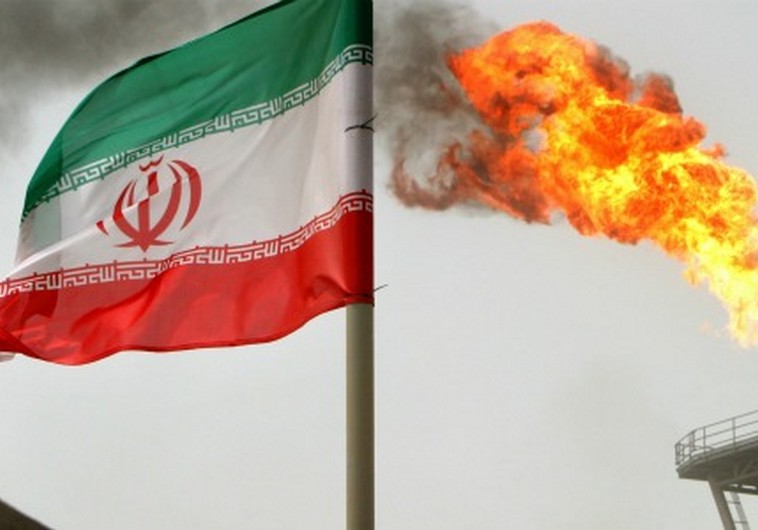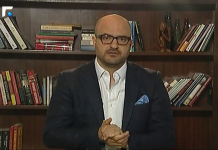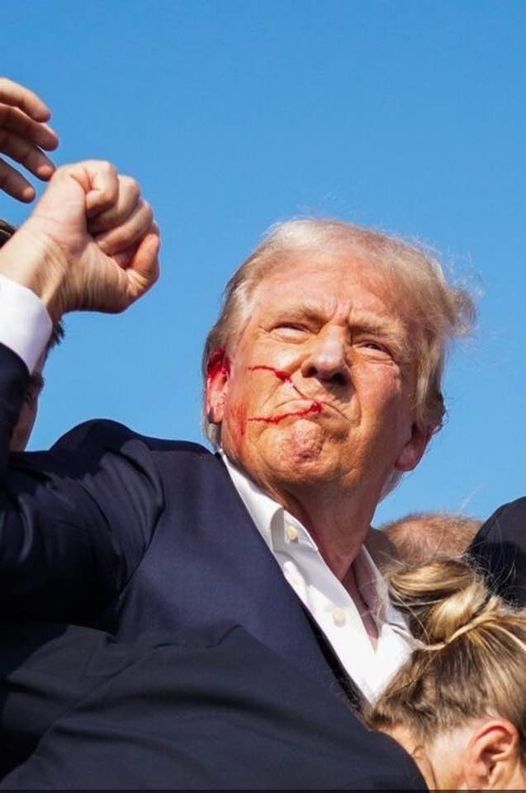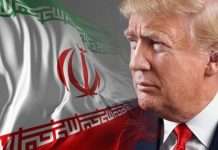Doing business with post-sanctions Iran
Dr. Majid Rafizadeh/Al Arabiya/Friday, 7 August 2015
With the signing of the nuclear deal, foreign countries and companies appear to be rushing to rekindle business with Iran, which had been cut off from global trade. Tehran has reciprocated the interest in conducting business, in many areas including technology, arms, manufacturing, gas and oil. Within hours of the nuclear deal, several international oil companies such as Royal Dutch Shell, BP and Eni expressed their interest in returning to Iran, which will likely ratchet up OPEC oil production.
Among European countries, Germany and France appear to be among the first to rush to rekindle business. Recently, Sigmar Gabriel, Germany’s economic minister and vice chancellor, along with a business delegation from Siemens, Linde, Mercedes and Volkswagen, visited Iran. Tehran is planning to strengthen its airplane fleet. After the nuclear deal was reached, Mohammad Khodakarami, the director of Iran’s Civil Aviation Organization, said: “Iran will buy a total of 80 to 90 planes a year from the two aviation giants [Airbus and Boing] in the first phase of renovating its air fleet.”When it comes to Iran’s economic landscape after the nuclear deal, major questions to address are: What sectors will likely witness foreign investment and flourish the most? Which countries are most likely to rekindle business and gain more? What will Iran invest in the most? What are the opportunities and risks?
Opportunities
The most appealing sector in Iran is energy: oil and gas. Iran has the fourth-biggest proven crude oil and second-largest natural gas reserves in the world. The second most appealing market is the arms industry. When sanctions and the U.N. arms embargo are lifted, deals can usher in billions of dollars for arms corporations. Russia has already lifted its arms ban on Iran. Additional sectors are Iran’s consumer and technology markets. With roughly 80 million people, Iran has the second-largest population in the Middle East, and the 17th largest in the world. What is more intriguing regarding the consumer market is that more than 60 percent of the population are under the age of 30. Iran enjoys a highly educated population, but suffers from a high level of brain drain. Even under economic sanctions, in 2012 Iranians spent more than $75 billion on food, more than $20 billion on clothes, and $18.5 billion on tourism.
Gains
Countries that are currently buying oil from Iran – including China, India, Japan, Turkey and South Korea – are likely to ratchet up their oil purchases. European countries and Western oil corporations will also slowly increase their presence. Ironically, the United States – which pushed for the nuclear deal and the consequent removal of sanctions – will benefit least economically. Due to the U.S. Congress’s opposition to the deal, American companies will not be able to deal with Iran anytime soon. Regarding arms sales, the Russian-Chinese-Iranian axis will remain robust. Russian arms sales to Iran will increase. Moscow, which pushed for the lifting of the arms embargo on Iran, has already announced that it will supply the S-300 missile system. Concerning the consumer market, Western companies will find it much easier to reach Iranian consumers, but the process of doing business with Iran at full speed will take time. When it comes to the Gulf, the United Arab Emirates (UAE) in particular will witness increased trade with Iran. More than 75 percent of Iran’s trade in the Gulf is conducted with the UAE. In addition, Iran is the UAE’s fourth-largest trading and business partner after China. In Iran, the Islamic Revolutionary Guard Corps (IRGC) and the office of the supreme leader, which have a monopoly over the main economic sectors, will be the major beneficiaries.
Risks
One the major risks of rushing to do business with Iran is linked to the U.N. economic sanctions. If Iran violates the terms of the nuclear deal and sanctions are re-imposed, or if there is political instability in the country, companies will face tough decisions regarding their investments. When it comes to the Gulf, the United Arab Emirates (UAE) in particular will witness increased trade with Iran Secondly, since most of the economic sectors are controlled and owned by the state, doing business will be much more daunting due to the government’s legal trade frameworks and limited labor laws. Thirdly, doing business with the IRGC and some entities that are still blacklisted can impact companies’ credibility. This might alienate those foreign companies from doing business with countries in the region that are negatively impacted by IRGC activities. Fourth, if the U.S. Congress continues its unilateral sanctions on Iran, it will be more difficult for Western companies to rekindle business without fearing American repercussions. Finally, since the state-controlled economy creates a less competitive market and high levels of bureaucracy, foreign companies will find it more challenging to compete and less lucrative to do business with Iran.



















